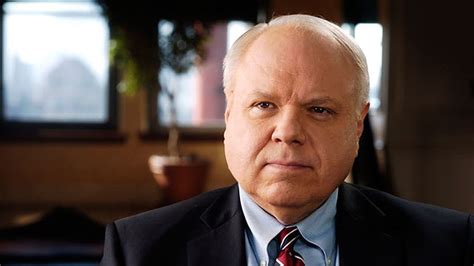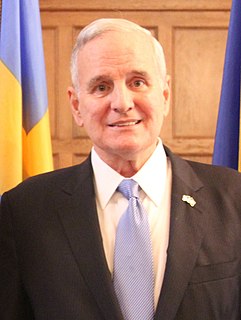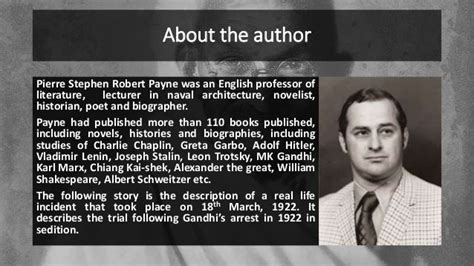A Quote by Donna Brazile
Helping the poor doesn't mean redistributing the wealth. It means removing the breaks that give the wealthy an advantage so huge that big chunks of the nation's income are automatically removed from individual economic competition.
Related Quotes
For one thing, Medicaid is an inefficient if not ineffective platform for redistributing income. It doesn't get the dollars to poor people in forms that they can best use. Dollars are laundered through healthcare benefits that people may not need. It also means propping up a lot of healthcare interests rather than individual Americans.
The growing inequality of wealth and income distribution is both a moral and economic problem. If the wealthy are unwilling to pay more taxes, then this is going to lead to spending cuts. And if you put off the table things like national defense, then you're going to end up cutting more and more out of programs that aid the poor. So, I think there are consequences to this idea that tolerance for inequality requires us to - to just do nothing to make the wealthy contribute a higher share of resources to fund the government.
When I became finance minister in 1991, I discovered that the wealth tax rates income - there was taxation on wealth. It was so atrocious and so high that actually nobody could accumulate money in an honest way. I removed that tax, and the result was that Indian companies for the first time acquired an incentive to grow big, to grow rich.
In progressive societies the concentration[of wealth] may reach a point where the strength of number in the many poor rivals the strength of ability in the few rich; then the unstable equilibrium generates a critical situation, which history has diversely met by legislation redistributing wealth or by revolution distributing poverty.
This is a very important issue that the corporate media chooses not to talk about a whole lot, that we have an economic system which is rigged, which means that at the same time as the middle class of this country is disappearing, almost all of the new income and wealth in America is going to the top 1 percent. You have the top one-tenth of 1 percent owning almost as much wealth as the bottom 90 percent - 58 percent of all new income is going to the top 1 percent.
The party should stand for a constantly wider diffusion of property. That is the greatest social and economic security that can come to free men. It makes free men. We want a nation of proprietors, not a state of collectivists. That is attained by creating a national wealth and income, not by destroying it. The income and estate taxes create an orderly movement to diffuse swollen fortunes more effectively than all the quacks.
































